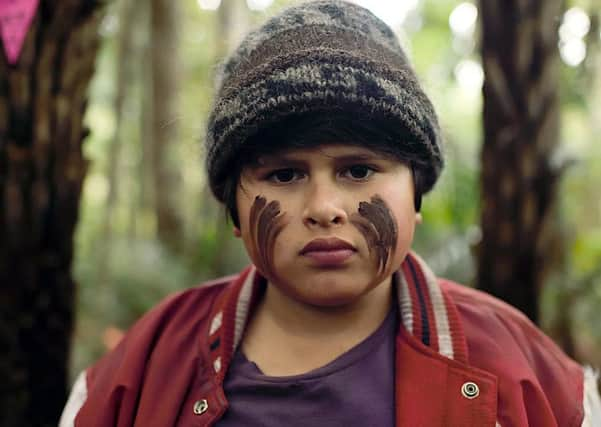Film review: Screenplay Festival, Shetland


We’re here to see a screening of Drifters, the debut film from pioneering Scottish documentary maker John Grierson, which Kermode is showing as part of the tenth anniversary line-up for Screenplay, the community-based film festival he’s been co-curating with his partner, Linda Ruth Williams, and the festival’s director, Kathy Hubbard, since its inception in 2007.
The film itself, which documents the harsh realities of herring fishing in the North Sea, was first released in 1929, but the audience are here to see it with a new score by sound artist Jason Singh, who is performing live using only his voice and an array of sampling equipment to produce layered soundscapes and guttural sound effects that, combined, express the full force of the drama unfolding on screen. It’s an immersive experience. Singh’s approach – which has grown out the traditions of hip-hop and beatboxing and uses technology in innovative ways to create a sort of organic electro score – meshes perfectly with the theme of the film, which documents commercial fishing’s transition from cottage industry to a more industrialised process. But the uniqueness of the event and the way it has brought people together is part of what Kermode loves about doing this festival in particular.
Advertisement
Hide Ad“That’s why I took a picture of the audience,” he says in the bar the next day. “Some of those people clearly hadn’t been to Mareel before. Most of them you wouldn’t think of as hardcore cineastes, but one of the things we’ve attempted to do with these sorts of screenings is to specifically tap into the community. When was the last time that many people sat together and watched a 1929 silent film about herring fishing?”
Kermode, who lives in Southhampton, first came up to Shetland 12 years ago to introduce a screening of The Wickerman. Lamenting to Kathy Hubbard – who he describes as the “genie” behind the festival – that it was a shame he couldn’t have come for longer, she suggested putting on a film festival so he could come back every year, which is exactly what happened. “Since then it’s become an absolute fixture on our calender,” he says.
What differentiates this from other festivals, though, is that while new films are screened (this year has featured previews of Hunt for the Wilderpeople and likeable Icelandic indie drama Virgin Mountain), the remit has always been to take a personal approach to the programming. “It’s not a competitive festival. We have new films sometimes, but it’s to do with what we think is interesting and filmmakers that we like and that we think the community would be interested in.”
In the past he’s invited the likes of Bill Forsyth, Terence Davies and Carol Morley. This year, one of his favourite directors, Iain Softley, is around for a screening of K-Pax, his 2001 sci-fi film starring Kevin Spacey and Jeff Bridges. Also in town is Amma Asante, who scored a big arthouse hit with Belle two years ago, and whose new film, A United Kingdom, is due to open the London Film Festival next month. Kermode has been a fan for a long time and messaged her via Twitter to see if she fancied coming up to show Belle and talk about filmmaking with local audiences.
“Ultimately you always want to get back to the grass roots of filmmaking,” says Asante, who likes the equality inherent in Screenplay’s approach. “When you think about the ‘made in Shetland’ section and you think about the kids who are making those films, it’s inspiring. Even as a filmmaker who’s made three films, it motivates you.”
She’s referring to Homemade, a showcase for local filmmaking talent, largely comprised of shorts made by the local youth filmmaking group Maddrim Media. This has been part of the festival from the start and, says Kermode, is always the most popular and liveliest event.
Advertisement
Hide AdJudging from Friday evening’s screening he’s not exaggerating. Though varying in both technical proficiency and style, the films (there are 18 in all) demonstrate real imagination. Audience favourite The Man Who Can’t Put His Jacket On, for instance, is about exactly that, but director Ash Muttonstrot transforms the literalness of the premise with a surreal twist and real comic flair. It gets huge laughs.
“It is all about getting young people who weren’t filmmakers to start making films,” surmises Kermode before the Homemade screenings. “And encouraging everyone else to pick up a camera and say to them: ‘You’ve got an idea? We want to see it.’ That’s what makes the Homemade strand such a good thing because you never know what you’re going to get. It’s the lifeblood of the festival.”